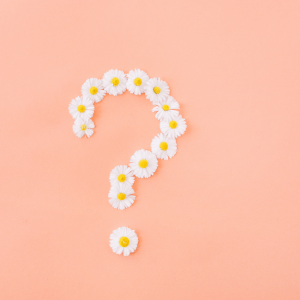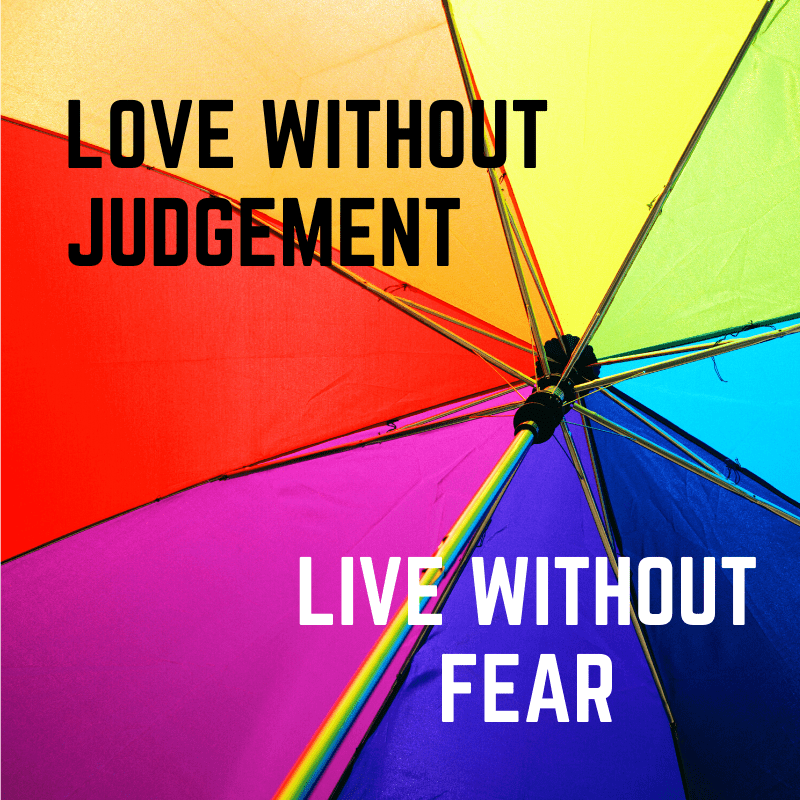Throughout our lives, we take on a number of roles, many of which we are not even aware of. Some we only play every now and then; others we never completely shed.
Here’s a list of the typical type of roles women may play at any one time:
mother, wife, girlfriend, daughter, sister, niece, granddaughter, cousin, daughter in law, sister in law, lover, grandmother, teacher, neighbour, work colleague, stranger, commuter, spiritual / religious leader, spiritual / religious follower, friend, customer, business owner, supplier, homeowner, hostess, housekeeper, personal assistant, consumer, client, student, employee, employer, citizen / voter, pet owner, cook / chef.

That’s not the whole list, but you get the idea.
Are you looking at the list and thinking “surely it’s not necessary to list all of these”? Many are context specific, maybe, but think about this way – when you interact with people when you are in that role, do you change your behaviour? Maybe you talk to your own mother differently than to your mother in law? Maybe you have a particular approach when being a customer (particularly if you are going to raise a complaint)? Maybe you have certain people who you feel you can really be ‘you’ with?
If you can recognise that you change how you act and react depending on the situation, then you are playing a role. And for the majority of people, the way you play the role is based on what you ‘think’ is needed to keep the other person satisfied.
From birth, we are told the rules of operating within a society – what is allowed and not allowed. Some of these rules will be based on laws or morality and so these are less negotiable. But the vast proportion of ‘rules’ that we let govern who we are, are nothing more than social norms, or particular individuals trying to make us behave in a certain way because that is what they believe is the right way.
Advertising was born on our need to fit in and be accepted. But as we have developed, most of what we are told is the ‘right’ thing is contradictory and conflicts with others who are just as sure they know the right thing to do.
And the main way this control over our actions is exerted is through the use of guilt.
Guilt as an emotion is actually extremely useful – it helps us understand when our actions go against our core values of what is right and wrong.
But what are your core values and what are rules that other people have given you for interacting with them? Are you making the decision based on what you know is right, or based on what someone has told you is right? Do you feel good when you act a certain way, or guilty because you felt like you got it ‘wrong’? Guilt used to coerce or control us into certain behaviour is the reason we think we want to avoid guilt – but we really only want to avoid the wrong kind.
And why does it matter?
Mainly because there are times in your life where those who have been providing you their rules for you to follow simply aren’t there any more. You are left feeling adrift, not just of their company but of their directions.
How do you play these roles without that direction? Is it the same because it was in line with your core values, or is this an opportunity to do things differently?
Living guilt free is about consciously choosing the roles you play and how you play them.
Look at the list above again and see how you have been playing the roles that apply to you. Are you happy with how you have played them? Would you have done anything differently? How do you choose to play them now?
The roles we play throughout our lives change as we and those around us change and grow. It is in your power to make that role your own through the process.

